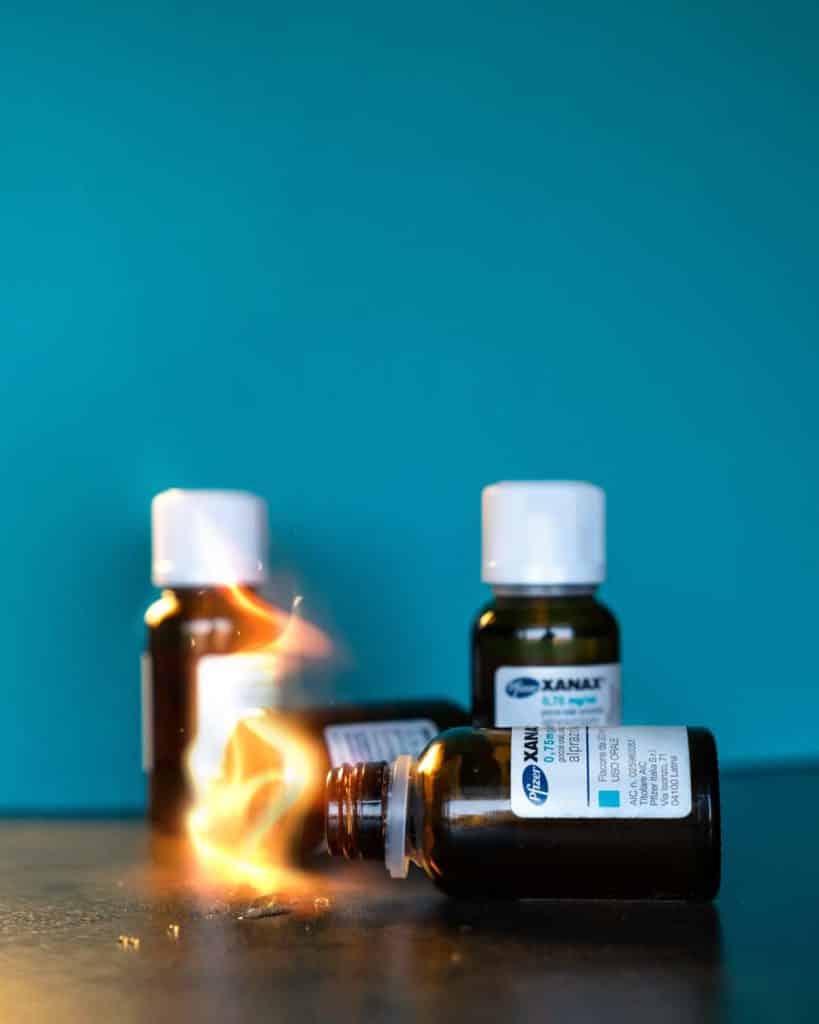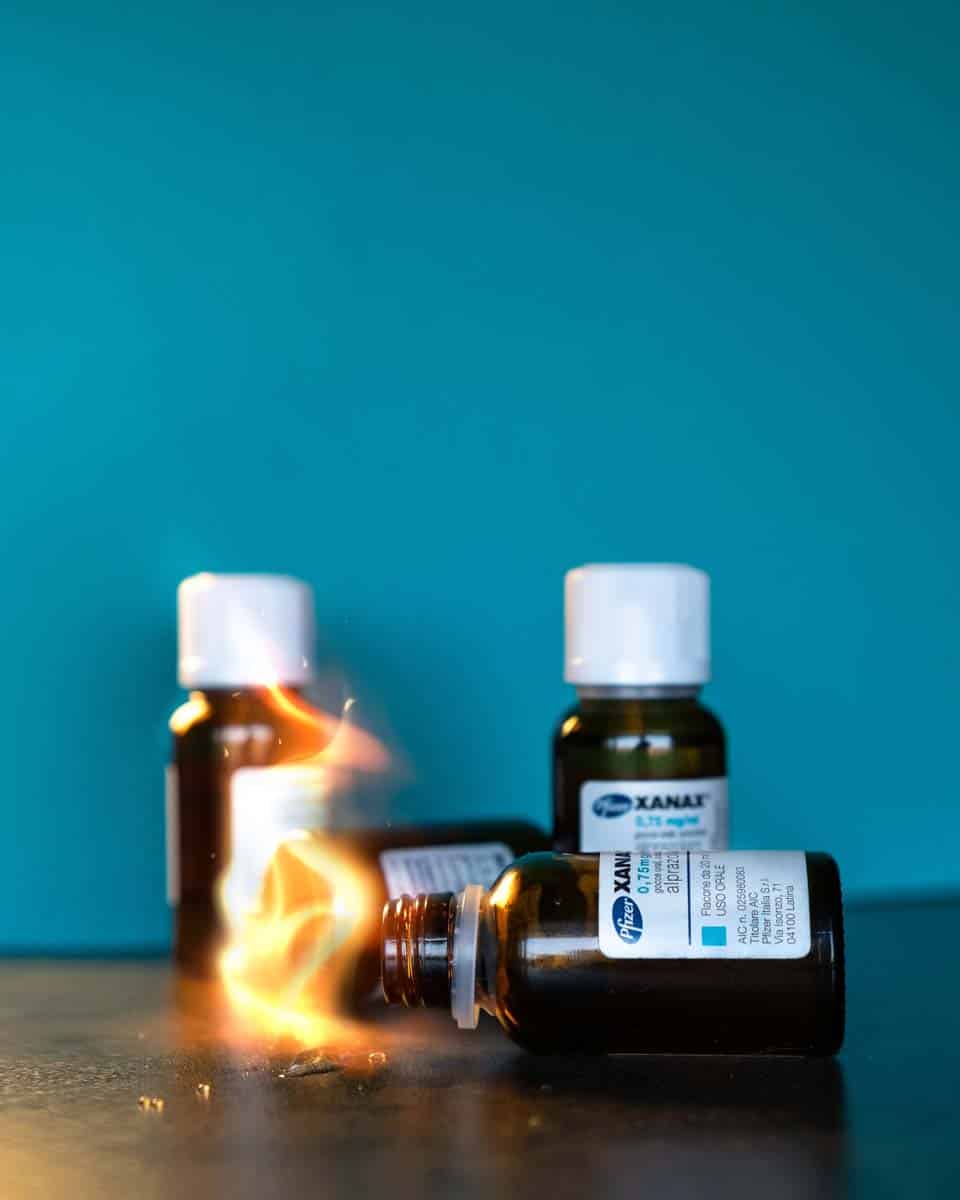Benzodiazepine withdrawal and detox can be difficult processes to go through, but with the help of an addiction rehab center, they can be much more manageable. Addiction rehab centers offer a variety of programs and services that can help make the detox and withdrawal process as smooth as possible.
In this blog post, we will discuss what you can expect from an addiction rehab center when it comes to benzodiazepine withdrawal and detox.
What are the symptoms of Benzodiazepine withdrawal?
Benzodiazepine withdrawal symptoms can vary in severity, but they can generally be divided into three categories: physical, psychological, and emotional.
Physical symptoms of benzodiazepine withdrawal can include the following:
Insomnia

This is one of the most common benzodiazepine withdrawal symptoms. Many people who are withdrawing from benzodiazepines find it difficult to sleep, or they may wake up frequently during the night.
Gastrointestinal problems
Benzodiazepine withdrawal can cause nausea, vomiting, and diarrhea.
Muscle aches and pains
Muscle aches and pains are also common during benzodiazepine withdrawal.
Psychological symptoms of benzodiazepine withdrawal can include the following:
Anxiety
Benzodiazepines are often prescribed to treat anxiety, so it is not surprising that anxiety is a common symptom of withdrawal.
Depression
Depression is another common psychological symptom of benzodiazepine withdrawal.
Irritability
Withdrawal from benzodiazepines can also cause irritability and mood swings.
Emotional symptoms of benzodiazepine withdrawal can include the following:
Anger
Many people who are withdrawing from benzodiazepines report feeling angry and frustrated.
Guilt
Guilt and shame are also common emotions during benzodiazepine withdrawal.
Loneliness
Withdrawing from benzodiazepines can be a very isolating experience, which can lead to feelings of loneliness and isolation.
What is the detox process like?
The detox process can vary depending on the individual and the severity of their addiction, but there are some general things that you can expect. Addiction rehab centers will typically start by slowly tapering the individual off of the benzodiazepine.
This is done to help minimize withdrawal symptoms and make the detox process as safe as possible.
Once the individual has been tapered off of the benzodiazepine, they will likely experience a period of intense withdrawal symptoms. These symptoms can be very uncomfortable, but they are temporary and will eventually subside.
Addiction rehab centers will provide 24/7 medical supervision during this time to ensure that the individual is safe and comfortable.
After the individual has gone through the acute withdrawal phase, they will begin to participate in therapy and other addiction treatment programs. This is where the individual will begin to work on the underlying issues that led to their addiction.
Addiction rehab centers offer a variety of different therapy options so that individuals can choose what works best for them.
What is the average length of stay in an addiction rehab center?
The length of stay in an addiction rehab center will vary depending on the individual and the severity of their addiction. However, most people will stay in rehab for at least 30 days. This allows them to complete detox and withdrawal, participate in therapy, and get started on their recovery journey.
What is an Outpatient Program?
An outpatient program is a type of drug and alcohol treatment that allows people to live at home while they receive treatment. Treatment typically includes individual therapy, group therapy, and Addiction Education classes. Find out your benefits and coverage options for substance abuse treatment.
What is a Telehealth Addiction Treatment Program?
A telehealth addiction treatment program is a type of Addiction Treatment that uses technology to provide care. This can include things like video conferencing, email, text messaging, and phone calls. Treatment typically includes individual therapy, group therapy, and Addiction Education classes. Telehealth for addiction has become a prominent way to seek and get much-needed addiction help when attending an in-person program is not an option.
What are the benefits of an outpatient program?
Convenience
Outpatient programs allow people to live at home while they receive treatment. This can be a great option for people who have families or jobs that they can’t take a break from.
Affordability
Outpatient programs are typically more affordable than inpatient programs.
Flexibility
Outpatient programs offer a lot of flexibility, which can be helpful for people with busy schedules.
If you or someone you love is struggling with benzodiazepine addiction, know that there is help available. Addiction rehab centers offer a variety of different treatment options that can help people recover from addiction. If you’re ready to take the first step, contact an addiction rehab center today.

